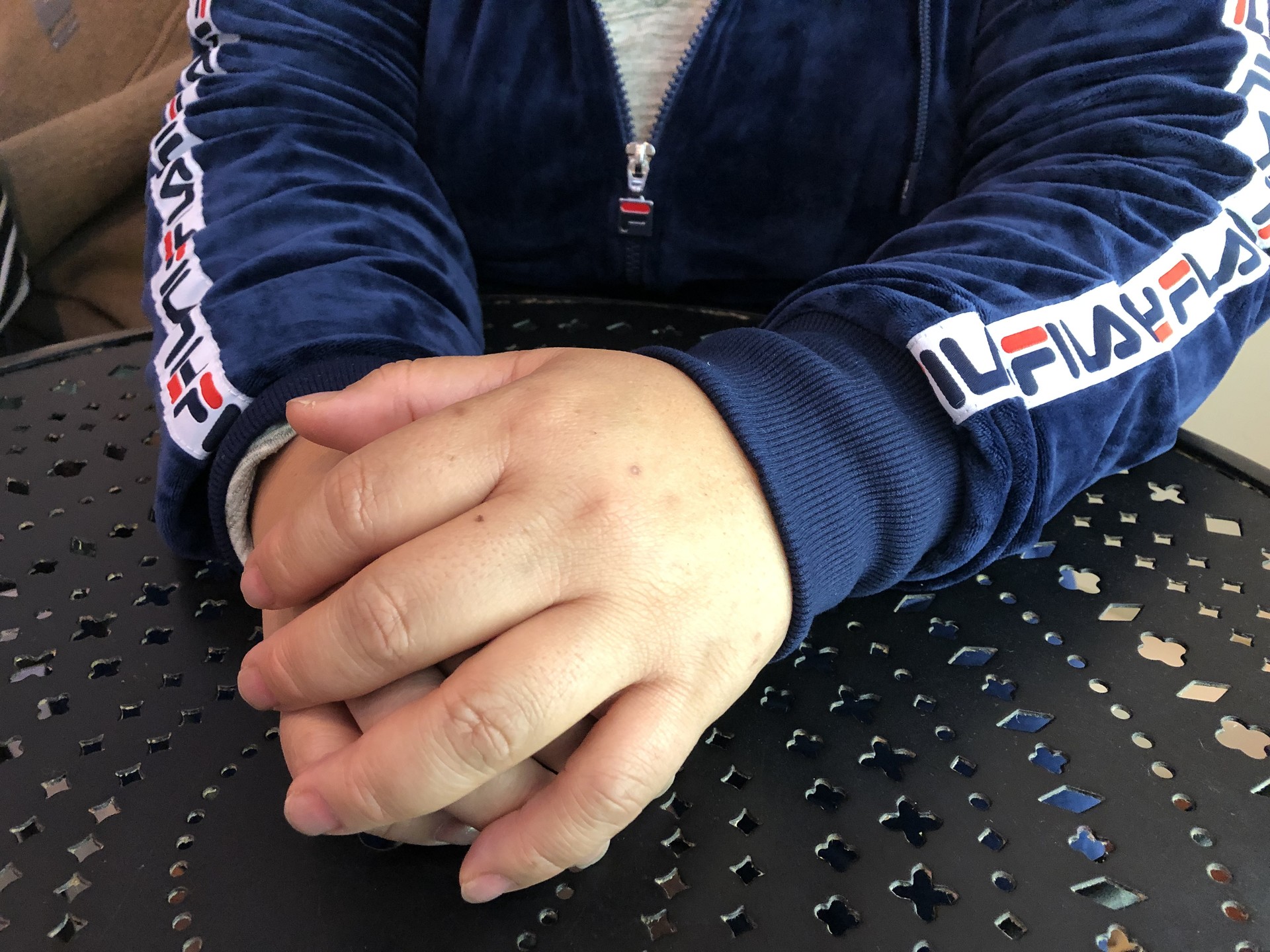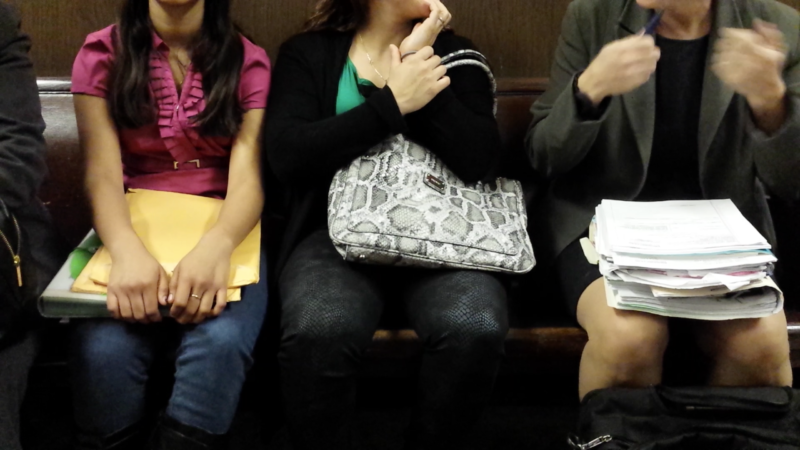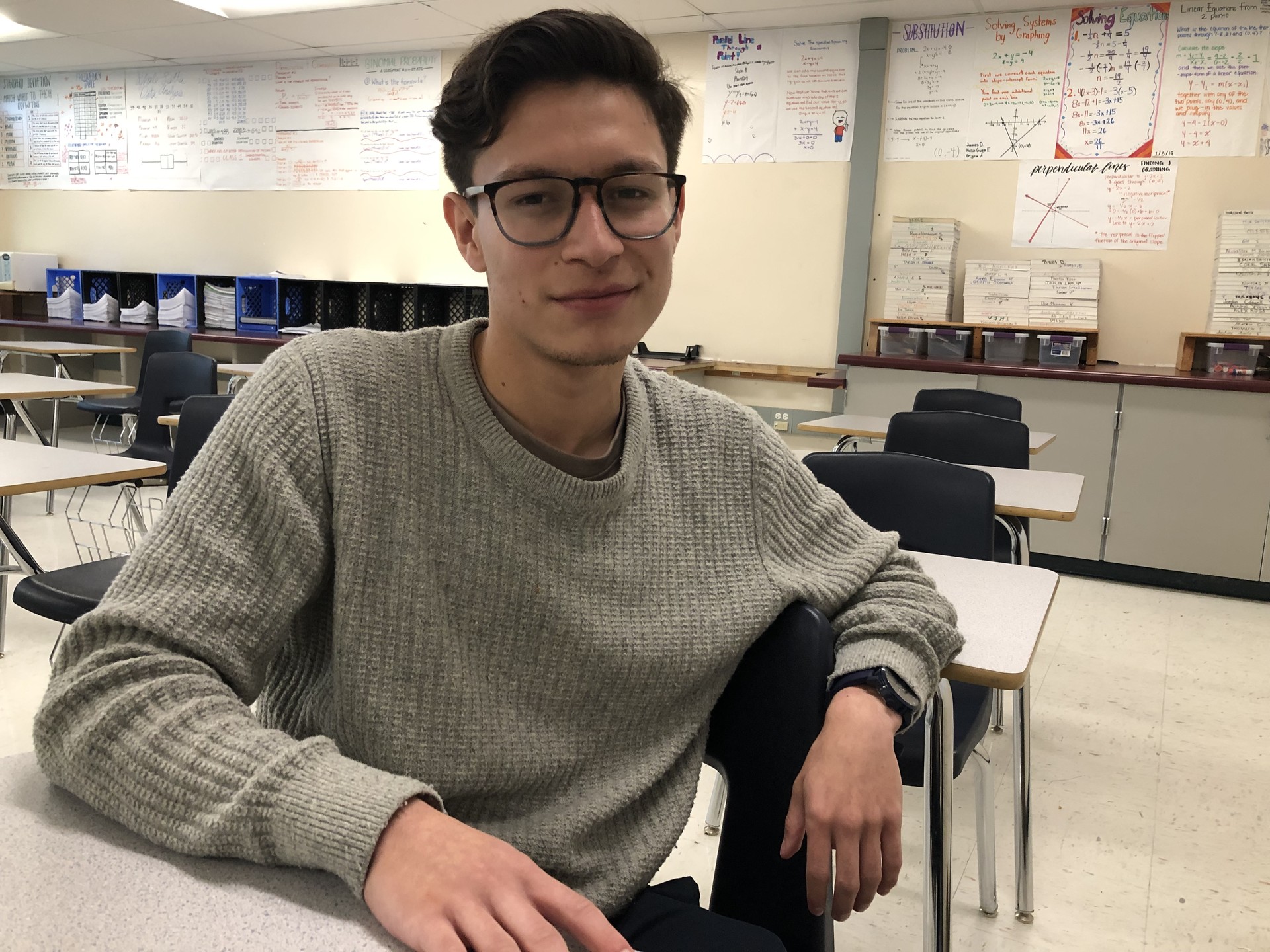Green card holder Jasmine Ngo has waited nearly seven years to see an immigration judge. The single mother of two was supposed to have her day in court earlier this month in San Francisco. But her hearing was canceled, as most immigration judges remain furloughed during the ongoing federal government shutdown.
“It’s been seven years of stress for me because it's hard to move forward when you have something hanging over your head,” said Ngo, 42, who lives in Lake Elsinore (Riverside County) and works as a caregiver for seniors. She was born in the Philippines and has been a lawful permanent resident in the U.S. for 30 years. But she is fighting deportation, after being convicted for shoplifting incidents in 2011.
Ngo now worries that after the courts reopen and her hearing is rescheduled, she may have to wait years to resolve her case.
Since the start of the shutdown, which is now the longest in history, California's immigration courts have cancelled more than 9,000 hearings, nearly twice the rate in any other state.
If the shutdown continues through the end of the month, researchers expect as many as 25,000 cancellations in California alone — and more than 100,000 nationally.
The shutdown-induced delays threaten to further strain the country’s overburdened system of immigration courts, leaving throngs of immigrants in extended legal limbo.
"Because we are so backlogged and short-staffed, the calendars are jampacked and basically full for the next two to three years," said Dana Leigh Marks, one of 20 immigration judges in San Francisco, and a past president of the National Association of Immigration Judges.

Immigration courts in California have the largest backlog of pending cases in the nation, more than 140,000 according to researchers with the Transactional Records Access Clearinghouse at Syracuse University.
Marks, who is currently furloughed, said she will try to squeeze as many canceled hearings back into her schedule as she possible, but also doubts that many people can be accommodated.
“By and large they're going to go to the end of the line,” said Marks, who herself has 4,000 pending cases.


